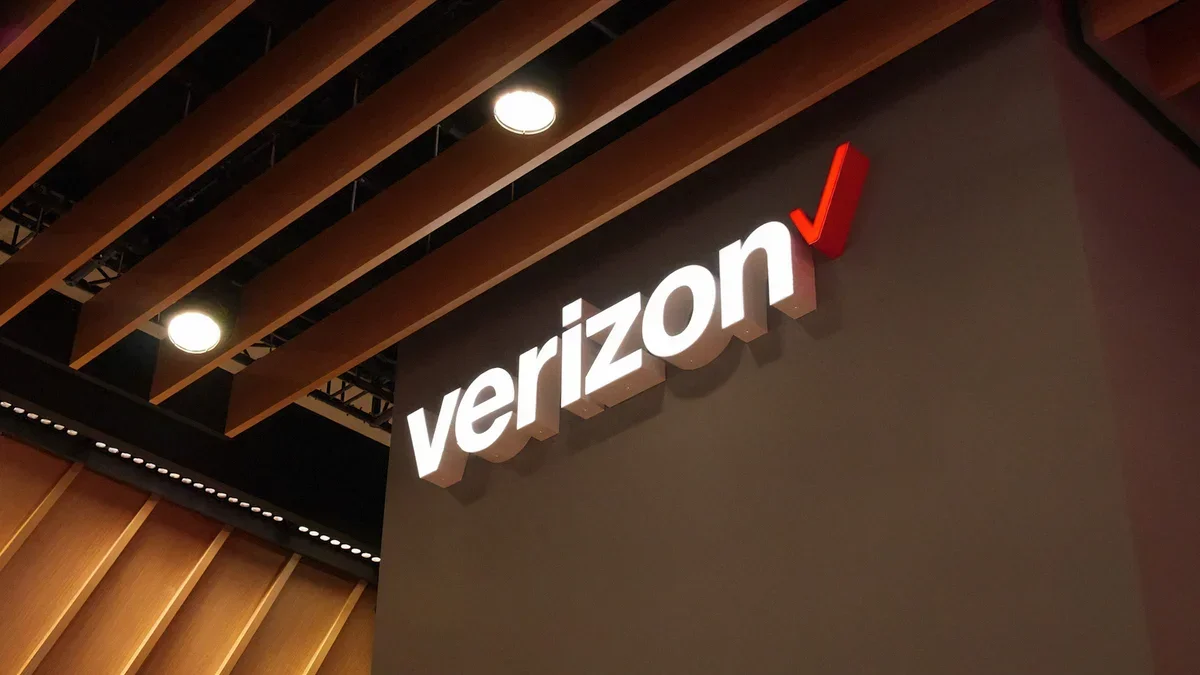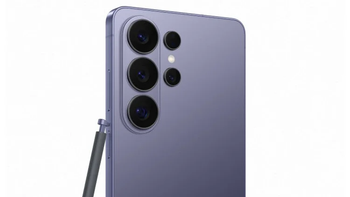Verizon has to pay $175 million for stepping on a patent that makes our phones way better
It's the same company that secured a $278 million verdict against Samsung.

Patents exist for a reason – and a federal jury in Texas has ordered Verizon Wireless to pay $175 million in damages to Headwater Research. The reason? Infringing patented wireless communications technology, apparently.
Reuters reports that the decision marks the second major courtroom victory for Headwater in the same court, following a $278.7 million verdict earlier this year against Samsung Electronics for similar patent violations.
Headwater Research, based in Tyler, Texas, was founded by inventor and scientist Dr. Gregory Raleigh. That's not your everyday scientist – that's a man who has contributed in wireless communication, mobile operating systems, network virtualization and many more fields. He didn't only found successful companies but also played a key role in shaping the core technologies that power today's smartphones and wireless networks.
Early in his career, Greg returned to Stanford University, where he developed the foundation for modern MIMO (multiple-input, multiple-output) wireless communication. This breakthrough became a crucial part of 4G and 5G technology, now used in billions of mobile devices and networks worldwide. He later founded Clarity Wireless to bring this innovation to market, which was acquired by Cisco in 1999.
Greg continued to push mobile performance forward by founding Airgo Networks. Airgo's chipsets dramatically boosted Wi-Fi speed and reliability, and its innovations became the basis for all Wi-Fi radio standards starting in 2006. The company was later acquired by Qualcomm in 2007.
Over ten years ago, Dr. Raleigh talked about the US Patent System and how patents incentivize incredible risk for innovators across the country:

Today, Greg also leads Headwater Research, a tech incubator focused on mobile operating systems and cloud infrastructure that support modern smartphone apps and services. With more than 400 patents to his name, his work spans wireless, networking, software, and mobile systems. We all benefit from this man's work.
So, according to court filings, his company developed wireless technology designed to reduce data usage and network congestion, extend battery life by lowering power consumption, and improve device connectivity. Don't we all want that?
Headwater claimed that it shared details of this technology with Verizon under a non-disclosure agreement between 2009 and 2011, but that Verizon later incorporated the innovations into its mobile phones, tablets, and cellular networks without a license. Verizon rejected the allegations and argued that the patents were invalid, stating after the verdict that the jury's decision was not supported by the facts and that the company intends to appeal.
The ruling against Verizon follows a similar outcome in a case against Samsung in 2025. In that dispute, the same Marshall court found that Samsung had infringed two Headwater patents through its use of wireless technologies in various Galaxy phones, tablets, and other devices. As in the Verizon case, Samsung denied wrongdoing and also challenged the validity of the patents. The company has the option to appeal the jury's decision.
Will Verizon pay?
Yes, they can't escape it.
45.76%
No, I think they'll avoid it.
54.24%
Headwater Research, based in Tyler, Texas, was founded by inventor and scientist Dr. Gregory Raleigh. That's not your everyday scientist – that's a man who has contributed in wireless communication, mobile operating systems, network virtualization and many more fields. He didn't only found successful companies but also played a key role in shaping the core technologies that power today's smartphones and wireless networks.
Greg continued to push mobile performance forward by founding Airgo Networks. Airgo's chipsets dramatically boosted Wi-Fi speed and reliability, and its innovations became the basis for all Wi-Fi radio standards starting in 2006. The company was later acquired by Qualcomm in 2007.

Today, Greg also leads Headwater Research, a tech incubator focused on mobile operating systems and cloud infrastructure that support modern smartphone apps and services. With more than 400 patents to his name, his work spans wireless, networking, software, and mobile systems. We all benefit from this man's work.
So, according to court filings, his company developed wireless technology designed to reduce data usage and network congestion, extend battery life by lowering power consumption, and improve device connectivity. Don't we all want that?
Headwater claimed that it shared details of this technology with Verizon under a non-disclosure agreement between 2009 and 2011, but that Verizon later incorporated the innovations into its mobile phones, tablets, and cellular networks without a license. Verizon rejected the allegations and argued that the patents were invalid, stating after the verdict that the jury's decision was not supported by the facts and that the company intends to appeal.
Follow us on Google News













Things that are NOT allowed:
To help keep our community safe and free from spam, we apply temporary limits to newly created accounts: